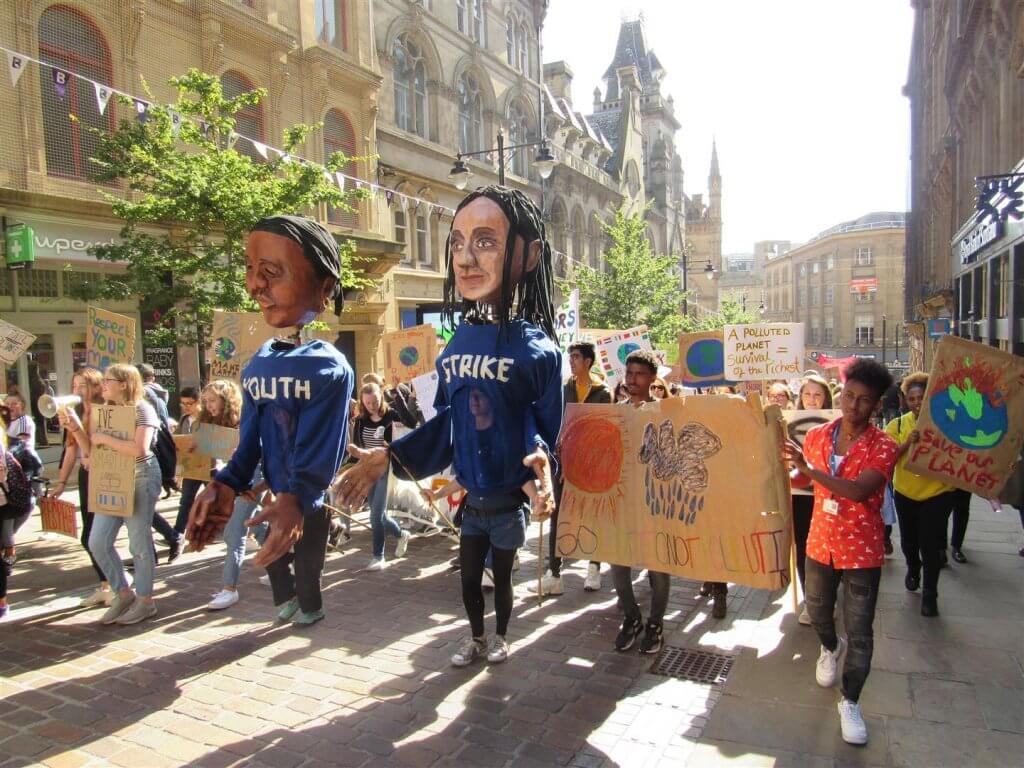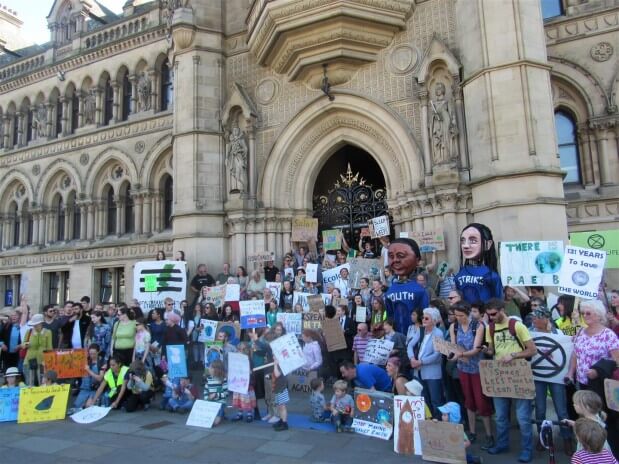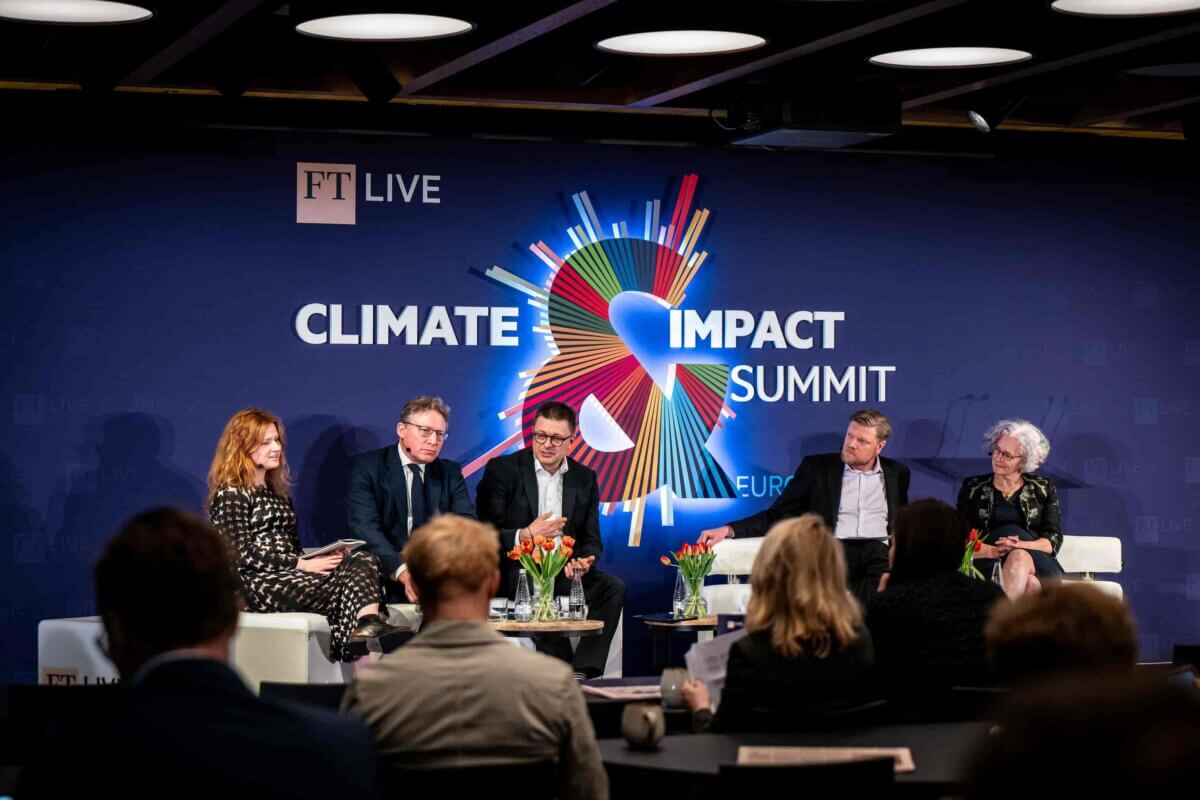Climate Strike: One Week On

On Friday 20 September, millions of people from across the globe united to call for climate justice. Inspired by the youth-led school strike for climate, marches took place around the world in response to escalating environmental crises. And we’re proud to say that Ecology was there.
So, one week on from the climate march – and on the anniversary of the publication of Rachel Carson’s seminal environmental book, Silent Spring – we ask members of the Ecology team to share their experiences. Why did you march? How did it feel? And what are your hopes for whatever comes next?
Q. Why did you decide to take part in the climate strike on 20 September?
“Because I’m proud to work for Ecology, an organisation that works tirelessly to promote its values. The climate strike was a good opportunity not only to meet and learn more about the youth organisation but also to support the cause.”
“Trying to reduce the impact of climate change is something that I feel passionate about. I feel that more needs to be done.”
“I agree with the cause and wanted to experience a protest having never been involved in one before.”
Q. How would you describe the mood at the demonstration in Bradford?
“Very buoyant, lots of hope. Jubilation when the college students joined the main protest group in the square. Upbeat throughout the march.”
“Good humoured and peaceful, yet frustrated.”
“Friendly, community feel with rational speakers.”
“Jovial, passionate and a general desire to get the message across. During the march through Bradford, I was overwhelmed with the positive response we received from the general public.”
Q. Did anything about the event make a particularly strong impression on you?
“A speech made by one of the organisers which stressed the importance of the march. It highlighted the decline of insects and animals, and the influence of large agrochemical and agricultural biotechnology companies. Very sobering and to the point.”
“The inclusivity and friendliness of the crowd – all working towards one goal.”
“When Bradford College came marching into Centenary Square. To see the youth of today trying to make a difference was awe-inspiring.”
“The contrasting assumptions of different onlookers.”
“The young female speakers talking about their and the planet’s future.”
Q. When it comes to tackling the environmental crisis, what action would you like to see from the financial sector?
“At Ecology we believe that finance needs to serve the needs of people and planet so I’d like to see the sector diverting funding from fossil fuels to support positive environmental initiatives, supported by regulators and policy makers.”
“More emphasis on investing in planet friendly solutions rather than just prioritising financial return.”
“Incentivising environmental projects and reviewing policies to minimise their operational impact.”
“Lobby for tax-free retrofit projects to upgrade old housing stock to an acceptable level (in line with 2030 carbon targets).”
“More clarity and robust reporting around where monies are being held and invested. Plus, development of systems, processes and cultures that contribute positively to tackling the environmental crisis.”
Q. Finally, what are your hopes for the climate strike movement?
“That the messages of the youth are heard and not skewed or distorted to fit a political agenda. And that they are supported by strong bodies/organisations within the scientific, business, education, political, health sectors.”
“That everyone can see the opportunity in their own spheres of influence to make changes for the better.”
“To continue to get their message out to the wider audience and change the perception that climate change is someone else’s problem or a myth.”
“More awareness and action, so each individual thinks about what they can do.”
“That, when it comes to those who wield most influence, we see action to match words!”
Want to learn more about the climate strike movement or find a climate event near you? Head to globalclimatestrike.net




